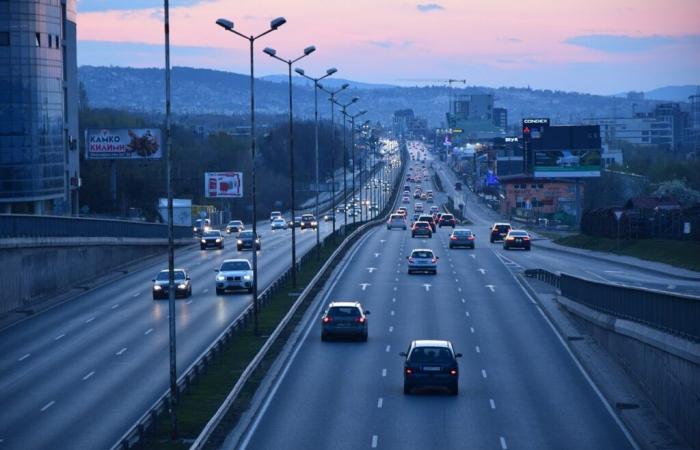As the end of motorway concessions approaches, the Transport Regulatory Authority (ART) is calling on concession companies to invest massively to ensure the good condition of the infrastructure. Between maintenance work and contractual adjustments, this vast program is accompanied by financial and environmental issues.
An inventory of the highways on the eve of the deadlines
The concessions for the main French motorways, currently managed by Vinci, Abertis and Eiffage, will expire between 2031 and 2036. According to the ART, more than 10 billion euros will be necessary to guarantee that these infrastructures are restored to good condition upon their return. Of this sum, 4 billion euros should be allocated to maintenance work during the last five years of the contracts, to which is added an additional effort of 1.2 billion euros to consolidate roads and structures.
Despite the scale of these investments, the regulator emphasizes that the general condition of the concessioned motorways remains satisfactory. Tunnels and bridges are better maintained than those of the non-concession network, proof of the effectiveness of the concession model. “ It is a system where the user is the payer, allowing quality investments », recalls the ART, which however recommends shorter future concessions, lasting 15 to 20 years.
Contracts to review and avenues for the future
The ART highlights ambiguities in current contracts. The absence of a precise definition of “good condition” upon restitution and the margins of interpretation on compulsory investments could create tensions between the State and the concessionaires. The latter, believing that they have respected their obligations, could slow down certain work or refuse to make investments deemed to be non-priority.
Another sensitive subject: the use of funds initially intended for unrealized road widening projects. These investments, planned in the contracts but no longer necessary in the face of traffic lower than forecast, represent 5.1 billion euros. The ART proposes to redirect these budgets towards more relevant projects, such as the development of carpooling areas.
Finally, the question of the price of tolls at the expiration of contracts raises debates. Thierry Guimbaud, president of ART, warns that a significant drop could encourage a transfer of traffic to road, to the detriment of rail. He suggests instead redirecting part of toll revenue towards financing the rail network, thus contributing to more sustainable mobility.






